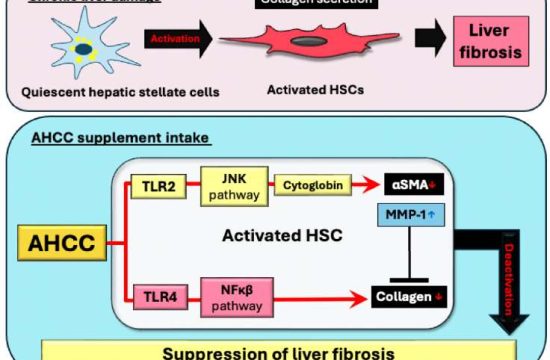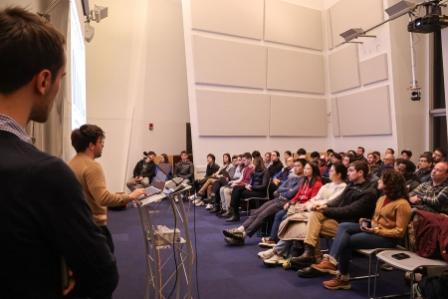
Productive ageing is an internationally clear direction of social policy development. A recent survey conducted by the Institute of Policy Studies (IPS) of Lingnan University (LU) confirmed that an age-friendly city framework would help to promote the productive engagement of older adults in Hong Kong.
The research team recommended that the Hong Kong Government to enact policies and programmes improving intergenerational communication and interaction, promoting inclusivity to address ageism for positive engagement leading to healthy and productive ageing.
Hong Kong Government statistics project an increase in the population aged 65 and over in Hong Kong from 15 per cent in 2014 to 38.4 per cent in 2069, so that creating age-friendly conditions and encouraging active ageing have become priorities.
This study, part of the Hong Kong Jockey Club Charities Trust’s Age-friendly Cities Project, examines the predictors of productive engagement to ascertain the perception of an age-friendly city and active ageing in two districts: Tsuen Wan, an established new town, and Islands District, a developing new town. The research team analysed data for persons aged 60 and older to find out the factors associated with the productive engagement of older persons.
Between 2016 and 2018, two surveys were conducted by the Lingnan University research team, who interviewed 1,638 Hong Kong citizens of over 60 living in the two districts. Face to face interviews were conducted with 832 respondents for the Islands District (386 in 2016 and 446 in 2018) and 806 respondents for the Tsuen Wan District (392 in 2016 and 414 in 2018).
The average age of participants from both districts and in the two data collection periods was over 74 and most were female. Educational attainment was low, and mainly primary school level. Most respondents had low monthly incomes/stipends (HK $2,000-3,999).
The questionnaire comprised 53 items concerning an age-friendly city framework including “civic participation and employment”, “social participation”, “respect and social inclusion”, “outdoor spaces and buildings”, and “community support and health services”, with a six-point scale ranging from 1 (strongly disagree) to 6 (strongly agree).
Results showed that factors associated with productive engagement were consistent in both districts, namely social atmosphere (respect and social inclusion), social provisions (community support and health services) and the built environment (outdoor spaces and buildings), and that the perception of engaging in productive activities correlated positively with these factors.
Overall, Tsuen Wan District participants had a higher opinion of improved outdoor spaces and buildings than their Islands District counterparts, who had a higher opinion of their community support and health services.
It is worth noting that the economic factor (income/stipend) was not associated with productive engagement in either district.
This outcome showed consistency in the needs felt by older persons, regardless of where they are in the city: that some may still want to engage in productive activities such as care-giving or other forms of employment, and that the availability of community-based services to engage and train older persons in new skills can make them feel more positive towards productive activities.
Project leader Prof Joshua Mok Ka-ho, Vice-President of Lingnan University and Director of IPS, said that the concept of productive ageing combats dependency in later life and makes a better health outcome more likely through interest and participation in social affairs. The findings indicate a positive relationship between social provision (community support and health services) and productive ageing, and show older persons still want to engage in productive activities such as caregiving.
“We suggest that the independence of older persons should be encouraged to strengthen the productivist welfarism being adopted in Hong Kong against the huge financial ramifications of ageing, and one way of doing this is through productive engagement. Extension of current retirement ages or their entire removal as in the UK, the US, Canada and Australia may motivate people to extend their productive activities. Also, in future the health system in ageing societies must decentralise and adopt a community-based approach by moving away from the predominant clinical care services to give the elderly more autonomy over their health and the opportunity to engage in productive activities in their communities,” said Prof Mok.
The research team included Dr Padmore Adusei Amoah and Dr Wen Zhuoyi of the IPS. The findings were published by the Cambridge University Press in the latest issue of the international academic journal Ageing & Society.








